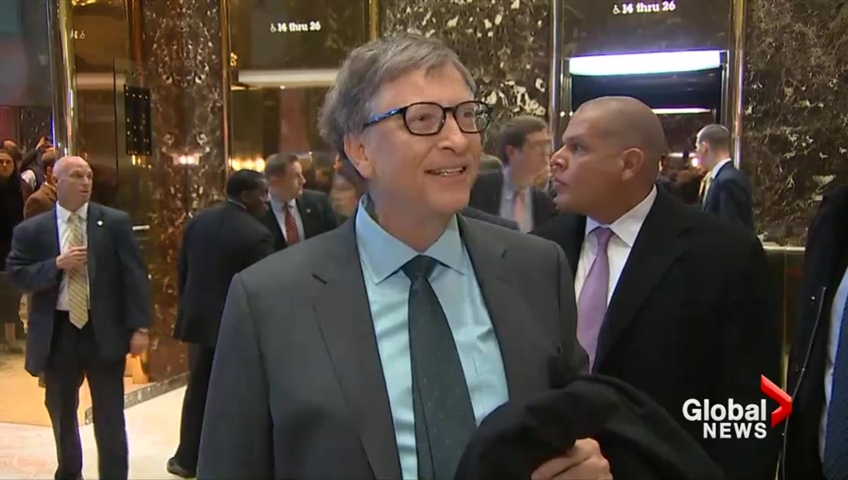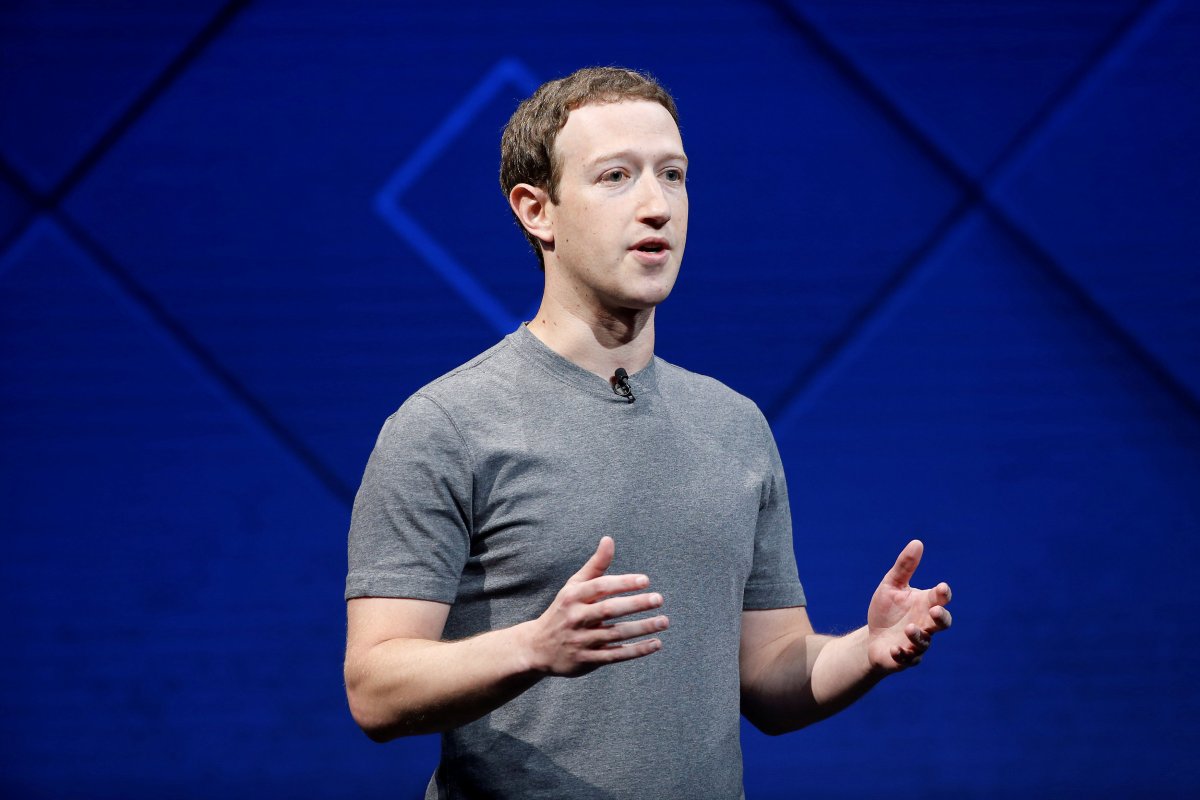The number of billionaires in the world is on the rise, with 82 per cent of the wealth created last year going to the richest one per cent. The poorest half of the world — 3.7 billion people — saw no increase, according to Oxfam International.

On Monday, Oxfam released a report that said 233 more individuals became billionaires between April 2016 and March 2017, the highest in any year. In total, they are worth US$7.7 trillion.
WATCH: Economic growth must provide opportunity for women, workers displaced by new technology, IMF says

The Oxfam study also found that last year, it took only 42 billionaires to exceed the wealth of the bottom 50 per cent of the population, compared to 380 in 2009.
But is an increased number of billionaires in the world healthy for the world’s economy? It depends on who you ask.
‘Not a sign of a thriving economy’
“The billionaire boom is not a sign of a thriving economy but a symptom of a failing economic system,” Winnie Byanyima, Oxfam International’s executive director said.
“The people who make our clothes, assemble our phones and grow our food are being exploited to ensure a steady supply of cheap goods, and swell the profits of corporations and billionaire investors.”
READ MORE: The 8 richest people in the world are all men and mostly American, Oxfam says
Oxfam said that too much wealth in the hands of people who don’t spend it is not good for the economy.
Gusatvo Indart, associate professor of economics at the University of Toronto, agrees, saying the increasing gap between the rich and the poor is economically unsustainable.
“The profitable corporation must be some type of equilibrium between an increase of wealth and increase in worker’s wages,” he said.
“You can’t produce something without selling it. But if those who tend to buy products don’t have the income, they then are not contributing to the market. You need the demand.”
WATCH: Wealth gap continues to grow, according to Oxfam report

Capitalism ‘lifting people out of poverty’
Mark Littlewood, director general at The Institute of Economic Affairs, told BBC that Oxfam is becoming “obsessed with the rich rather than the poor.”
“I don’t know how squirreled away Bill Gates’ billions are, he seems to be giving most of it away,” Littlewood said.
WATCH: Bill Gates teams up with U.K. gov’t to commit $4.3B towards malaria research

Littlewood credits capitalism for lifting millions of people out of poverty as a result of free markets, such as in India and China. He said the focus should be on encouraging economic growth, not criticizing billionaires.
“Higher taxes and redistribution will do nothing to help the poor; wealth is not a fixed pie. Richer people are also highly taxed people — reducing their wealth won’t lead to redistribution, it will destroy it to the benefit of no one,” he added.
Littlewood also criticized Oxfam’s methodology in gathering the numbers.
The charity’s report is based on data from Forbes and the annual Credit Suisse Global Wealth databook, which gives the distribution of global wealth going back to 2000. The data includes debts, such as student loans.
“According to Oxfam, if you are someone who graduated from Harvard law school and have US$200,000 in debt, you are one of the most impoverished-suffering people on the planet, even if you are about to become a corporate lawyer,” he told BBC.
Leaders gather to discuss inequality
The release of the numbers coincides with the World Economic Forum in the Swiss ski resort of Davos, where global leaders and business elite, such as U.S. President Donald Trump and Prime Minister Justin Trudeau, are meeting this week to discuss inequality, poverty and innovation.
Oxfam listed a series of actions governments should take, including limiting returns to shareholders and top executives, ensuring workers receive a minimum “living wage,” and pushing through policies to eliminate the gender pay gap and protect the rights of women workers.
It also urged a clampdown on tax avoidance and other associated practices, which have been highlighted by the recent publication of the “Panama Papers” and the “Paradise Papers.”
Who are the billionaires?
There are now 2,043 U.S. dollar billionaires worldwide (compared with 1,810 in 2016). Nine out of 10 are men, according to Oxfam.
According to Time, the five richest people in 2018 are:
Jeff Bezos, net worth US$90.6 billion

Bill Gates, net worth US$90 billion
Amancio Ortega, net worth US$83.2 billion
Warren Buffett, net worth $74.3 billion

Mark Zuckerbeg, net worth US$72.2 billion











Comments